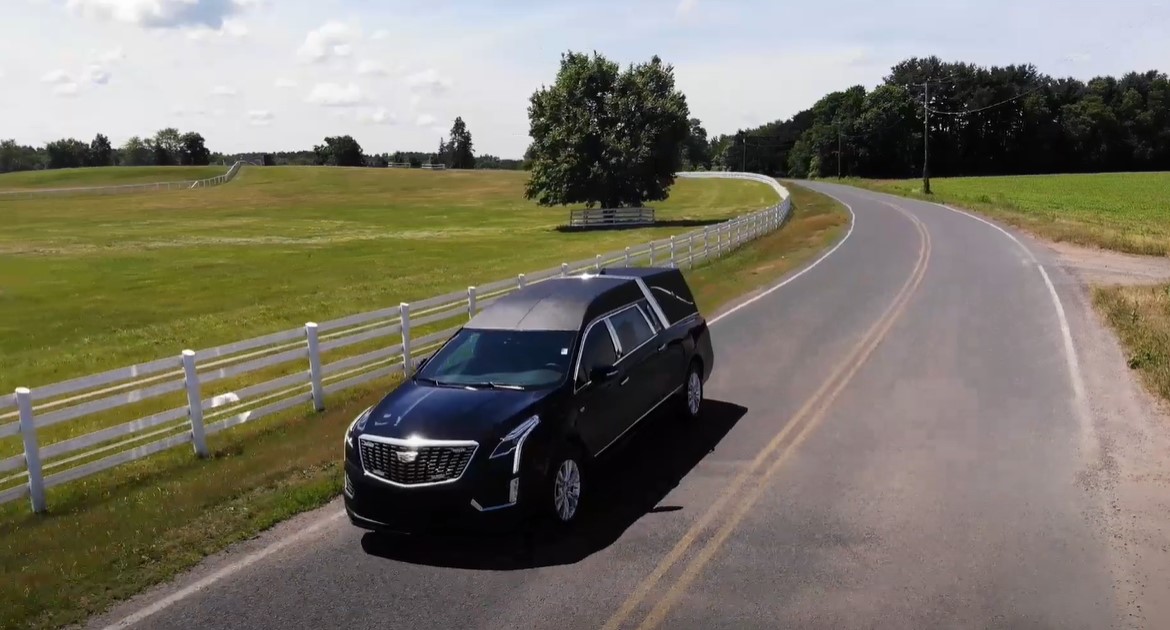How to sell a deceased person’s car is a question that many families face when navigating the complex waters of estate management. As if dealing with the loss of a loved one isn’t challenging enough, there’s the additional task of handling their assets. And among these assets, vehicles often hold both monetary and sentimental value. From vintage cars that carry memories of sunlit drives to the everyday workhorse that became an integral part of the deceased’s life, these vehicles now require a new chapter. This guide serves as a beacon, helping you navigate through the legal and procedural intricacies of selling a car that once belonged to a departed loved one. 🚗💼
Initial Steps
Before diving into the sale, understanding the legal position is crucial:
- Death Certificate: Before proceeding with anything, ensure you have multiple copies of the death certificate. Most institutions will require this document for verification purposes.
- Letters of Administration or Letter of Testamentary: These documents prove your legal authority to manage and dispose of the deceased’s assets. The probate court typically grants them.
- Establish Ownership: If the vehicle owner left behind a will, it would dictate who inherited the car. Without a will, laws of intestacy determine the rightful inheritor.

Preparing for the Sale
With legalities clarified, you can proceed to prepare for the sale:
- Transfer the Title: To sell the vehicle, the title must be in your name. This requires visiting your local DMV with the death certificate, title, and letter of testamentary or administration. Depending on the state, a lien release might also be needed if the car has an outstanding loan.
- Clean and Repair: A clean and well-maintained vehicle fetches a better price. Ensure you give the car a thorough clean and address any minor repairs.
- Set the Price: Research the market to determine a competitive price for the car, keeping its age, model, and condition in mind.
Completing the Sale
Once everything is in place, you’re set to finalize the sale:
- Sign the Title: As the seller, you must sign the title to the buyer, thus transferring ownership. Ensure all necessary sections are accurately filled.
- Inform the DMV: Notify the Department of Motor Vehicles about the sale, ensuring you are no longer responsible for the vehicle.
- Ensure Payment: Always ensure the payment method is secure and verifiable to protect yourself from fraud.
Conclusion
Selling a vehicle, especially selling a deceased person’s car, isn’t just a financial transaction. It often carries memories, sentiments, and a tinge of nostalgia. However, understanding the legalities and procedural requirements can make the journey smoother. This guide aims to assist those seeking answers on how to tread this sensitive path with clarity and confidence.
As you close this chapter and move forward, remember that while cars can be sold, the memories and love associated with them remain eternal. Here’s to cherishing those memories and ensuring that the legacy of the departed continues to inspire. 🚘❤️🕊️
Read also: How To Sell Pre Need Funeral Services

